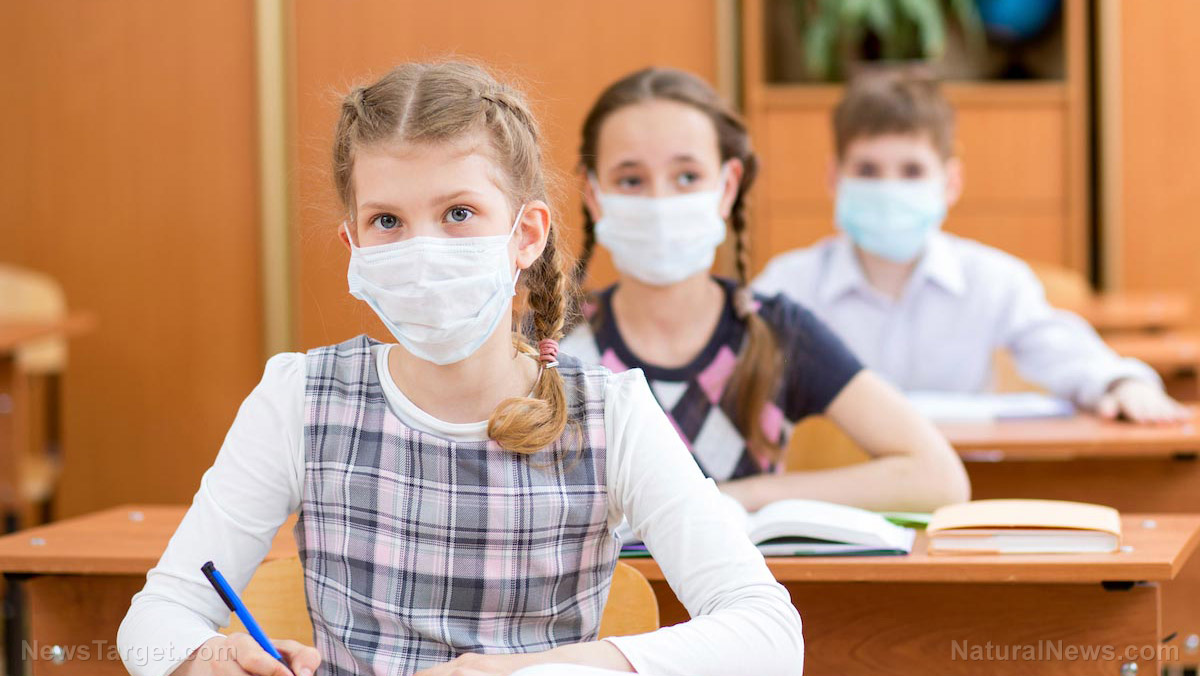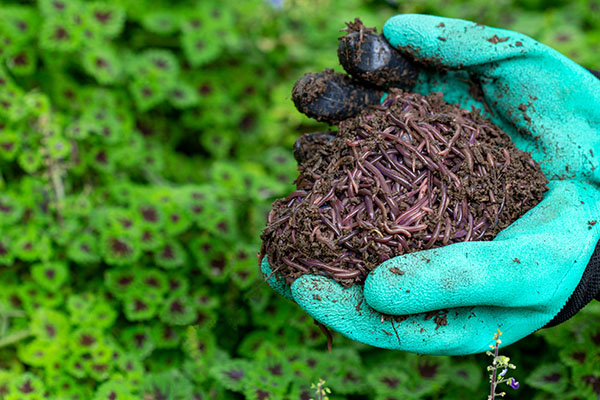
Naturally, people try to stay away from disease or keep distance from people who are sick. This gut reaction is called social distance. Social distance is done to prevent the transmission of communicable diseases. There are different levels of social distance as bacteria and viruses pass between people through different routes:
The most effective way to catch any germ is to get infected people’s bodily fluids mixed with yours. These are usually sexually transmitted diseases (STDs), which means that the disease could get transmitted through sexual intercourse. Giving an infected person a hug would not be enough to contract the disease.
Some diseases are carried by insects or other animals and transmitted from host to host, such as malaria and Lyme disease. In this case, social distance is best kept from mosquitoes, ticks, or other insects and animals, and being near an infected person won’t necessarily get you sick.
Other diseases can be transmitted through tiny drops of spit or nasal mucus – which is also known as droplet transmission. When an infected person coughs or sneezes, he or she may release infectious droplets into the air, which you may inhale and get you infected. In this case, social distance really helps. Sharing an elevator with a coughing or sneezing person or just being near one could put you at risk of the disease he or she has. (Related: Airborne transmission: Why the superbug epidemic may be more serious that we previously thought.)
Social distance for the worst epidemics is a little different as these diseases use an even sneakier transmission route. An infectious disease may go dormant outside of its hosts and survive for some time. But when a person comes into contact with the dormant germ, it would start to spread to other things they touch and would eventually land on another host. Although colds and flu could be transmitted via the direct sneeze route, they mostly travel this way. Many hemorrhagic fevers are transmitted this way, too.
Bacteria and viruses may also reach things such as doorknobs and elevator buttons that you’re likely to touch. Diseases could be transmitted to you when you touch objects contaminated with influenza viruses and then transfer the infected material from your hands to your nose, mouth, or eyes.
Strategies for effective social distancing
Here are some things that you can do to limit your exposure to infectious bacteria and viruses:
- Wash your hands immediately after touching any item that may have been touched by others. Scrub your hands for at least 20 seconds with soap and water. Do this often, and always right before eating and after going to the toilet.
- Always bring a hand sanitizer if you are not at home and do not have access to soap and water.
- Avoid touching your face, nose, eyes, mouth, or any open route that germs could use to enter your body.
- Properly dispose of anything that comes into contact with your mouth, such as tissues or plastic eating utensils.
- Stay away from high traffic and crowded areas.
- If there’s an outbreak, avoid going to public places, such as theaters or sports events.
- If there’s an outbreak, wear personal protective equipment, such as gloves or masks. However, these should not replace other preventive interventions like proper hygienic practices.
- Practice proper coughing and sneezing etiquette.
- Avoid coming into contact with people who show signs of illness.
- If working near other people, attempt to stay at least three feet away from the nearest person while working.
For more disease prevention tips like social distance, visit Prevention.news.
Sources include:
BeansBulletsBandagesAndYou.com
Please contact us for more information.





















